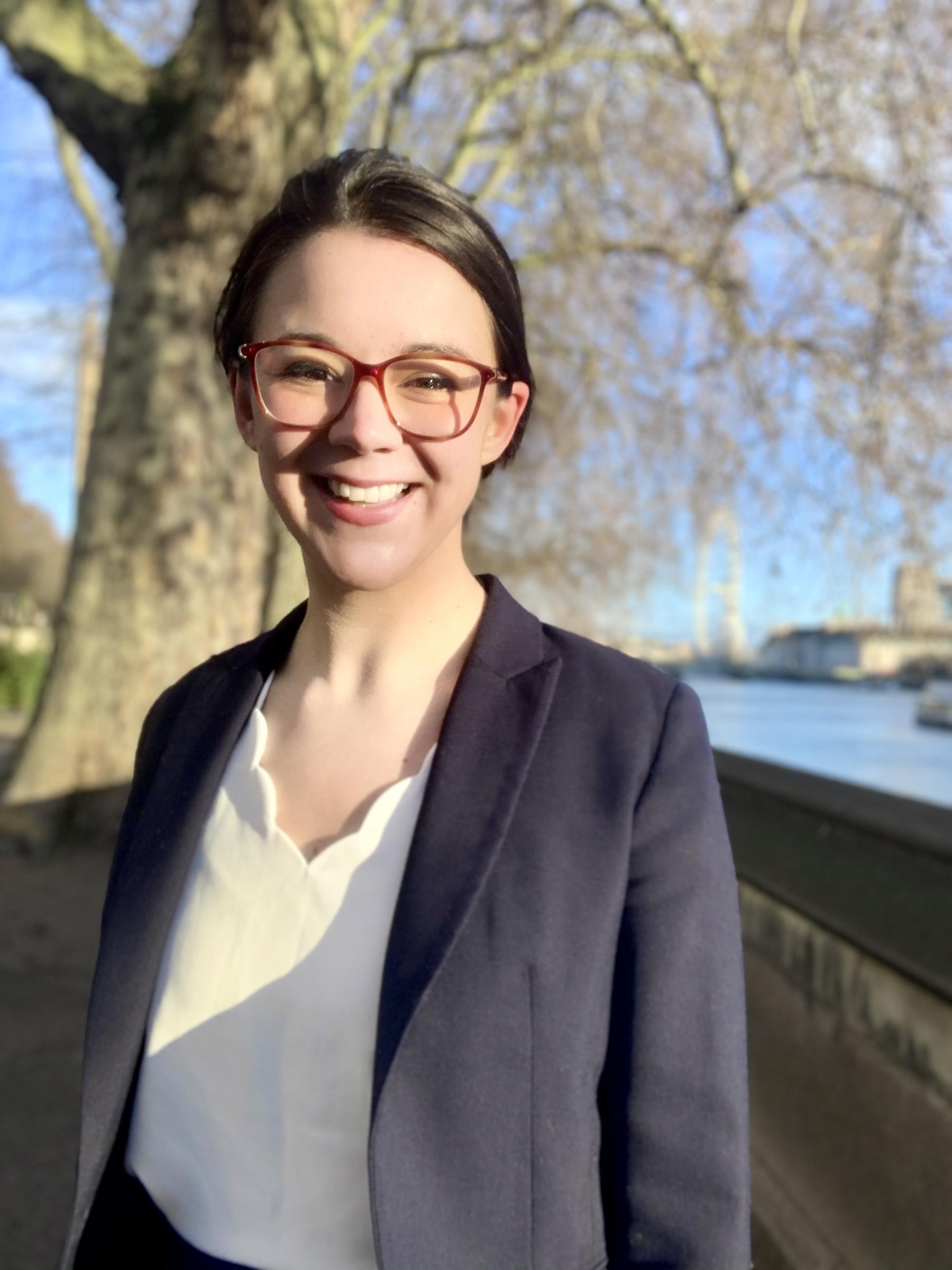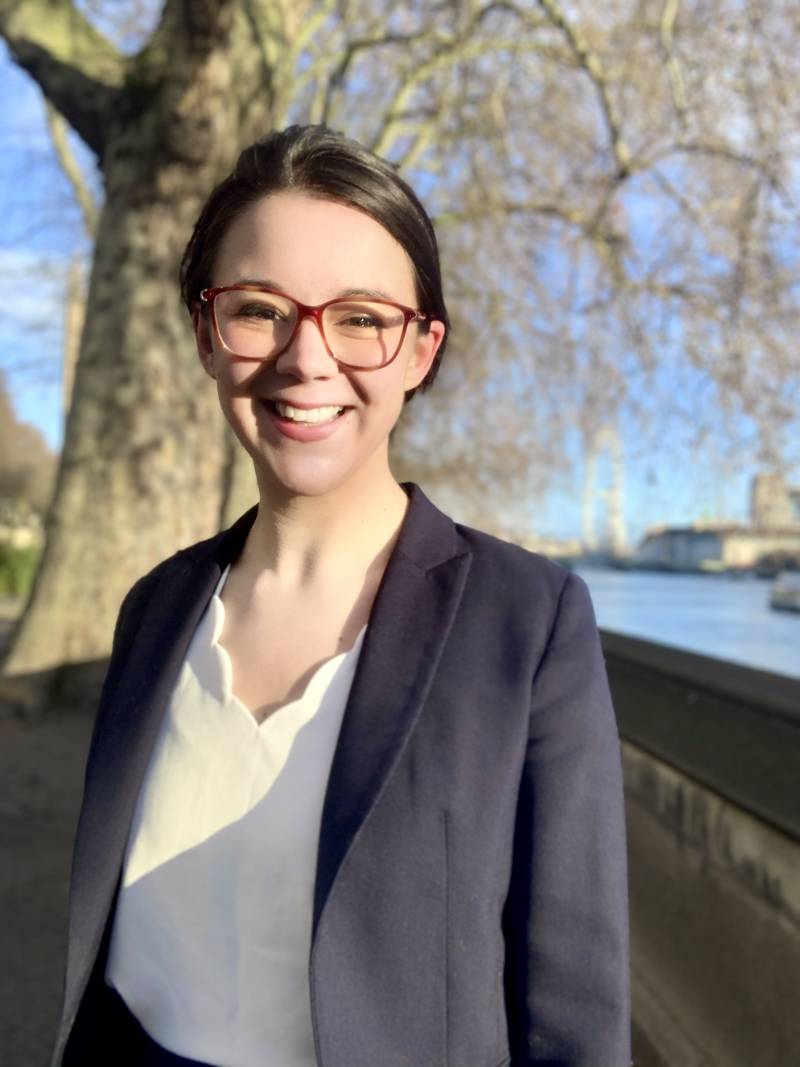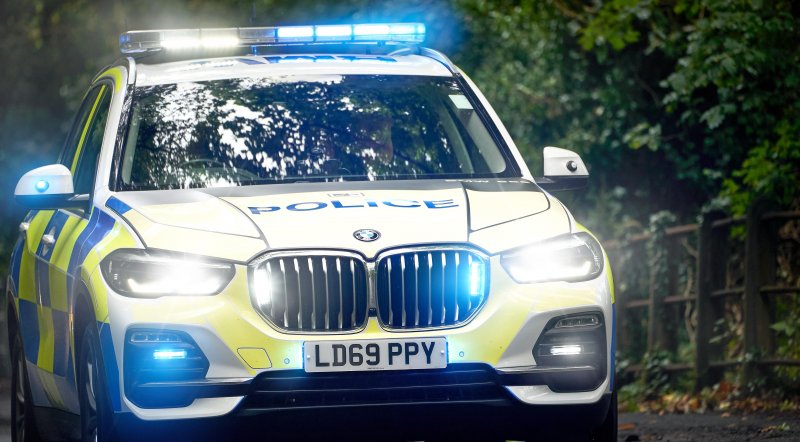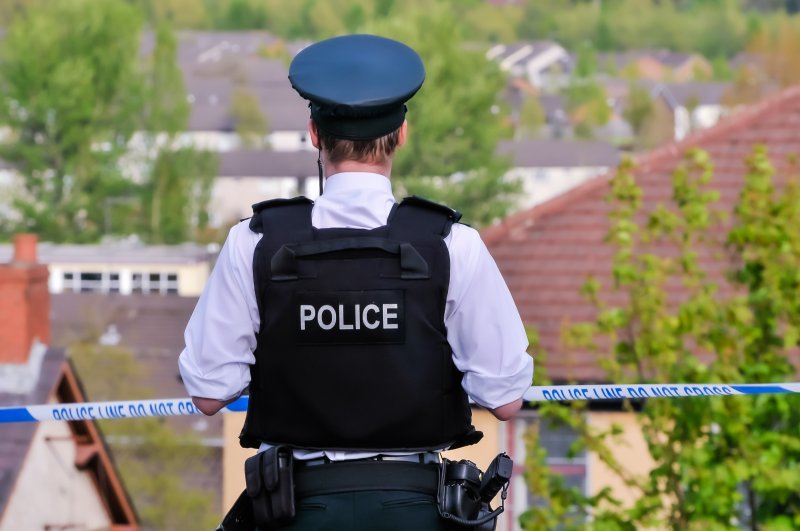As part of the UK Government’s first step out of lockdown, schools are welcoming back all pupils. We look at the benefits to children in returning to school and the protective measures that have been put in place for students, their families and teachers.
.jpg)
Children’s learning, well-being, sense of routine and social interaction is best served by them all returning to school. Getting pupils back into classrooms has always been a priority for the UK Government and, alongside existing protective measures, the robust, regular, rapid testing programme helps to protect the school community and families.
Protective measures include:
-
Safe travel to school and make space at the school gates.
-
Increased hygiene such as frequent hand washing, ventilation and staggered breaks and lunch times.
-
Secondary pupils are advised to wear masks in the classroom as well as in corridors.
-
Regular rapid testing is also being made available to staff and parents of school and college students as well as adults in their household, childcare and support bubbles.
SCHOOLS TESTING PLAN
Available for parents and adults in their households and bubbles.
-
Up to 1 in 3 people who have COVID-19 have no symptoms and could be spreading it without knowing.
-
Rapid testing is a fast and easy way to find out if you have coronavirus. It’s free and takes around 30 minutes.
-
It’s a simple swab test to the nose and/or throat, using a rapid lateral flow test.
-
If you are a parent or adult in the household, childcare or support bubble you can now get tested too. You can either; get an assisted test at work if it is available, attend a test site to get tested or pick up test kits to do at home. Where these are not possible, there will be a small supply of tests online for people who need them the most.
-
The more of us that take part and report our results, the more we can protect each other from the virus and get back to a more normal way of life.
-
To find out how to get a free regular rapid test visit gov.uk/coronavirus
‘SCHOOL IS WHERE KIDS NEED TO BE TO SOCIALISE’
KATE JEFFERSON, HEADTEACHER AT MILLBANK ACADEMY, LONDON

“School is where kids need to be,” says a London academy headteacher.
“It’s where they see their friends and socialise. Those social skills are at the cornerstone of our modern world,” confirms Millbank Academy head Kate Jefferson, set to welcome back 300 three to 11-year-olds. Staggered break times, ventilated classrooms, extra cleaning staff and no group gatherings have already been available to key workers’ children.
“When parents collected their children there was a real buzz with people being very excited about their friends coming back to join them. Everyone wants this transition to be as safe and positive as possible.”
CATCHING UP ON LEARNING
The UK Government has introduced :
-
A new £700 million education and recovery package to help young people in England catch up on lost learning due to the pandemic.
-
An existing £1 billion COVID catch-up package to tackle the impact of lost teaching time, including a £650 million catch up premium for schools to support all pupils and a £350 million National Tutoring Programme for children that need it most.
-
An £8million wellbeing programme that has funded local expert support, training and resources for education staff to understand and respond to emotional and mental health pressures some children and young people may be facing.
‘WE’RE EXCITED TO HAVE THEM BACK IN CLASS’
GERARD GARVEY, HEADTEACHER AT NEWCASTLE SIXTH FORM COLLEGE

“Having young people back in the classroom is the right thing to do,” confirms Newcastle Sixth Form College’s principal.
“The news is exactly what we’ve been hoping for,” says Gerard Garvey. “We’re really excited and eagerly planning their return.”
With his 100-strong staff, he is preparing for all 1,250 students to return to the city
centre campus.
“All our learners are going to be over the moon to be back in college,” he continued.
“The huge benefits of having them back here with us will make all the protective measures we have to set in place completely and utterly worth it.”
#This article is part of a paid for Partnership with the UK Government

















